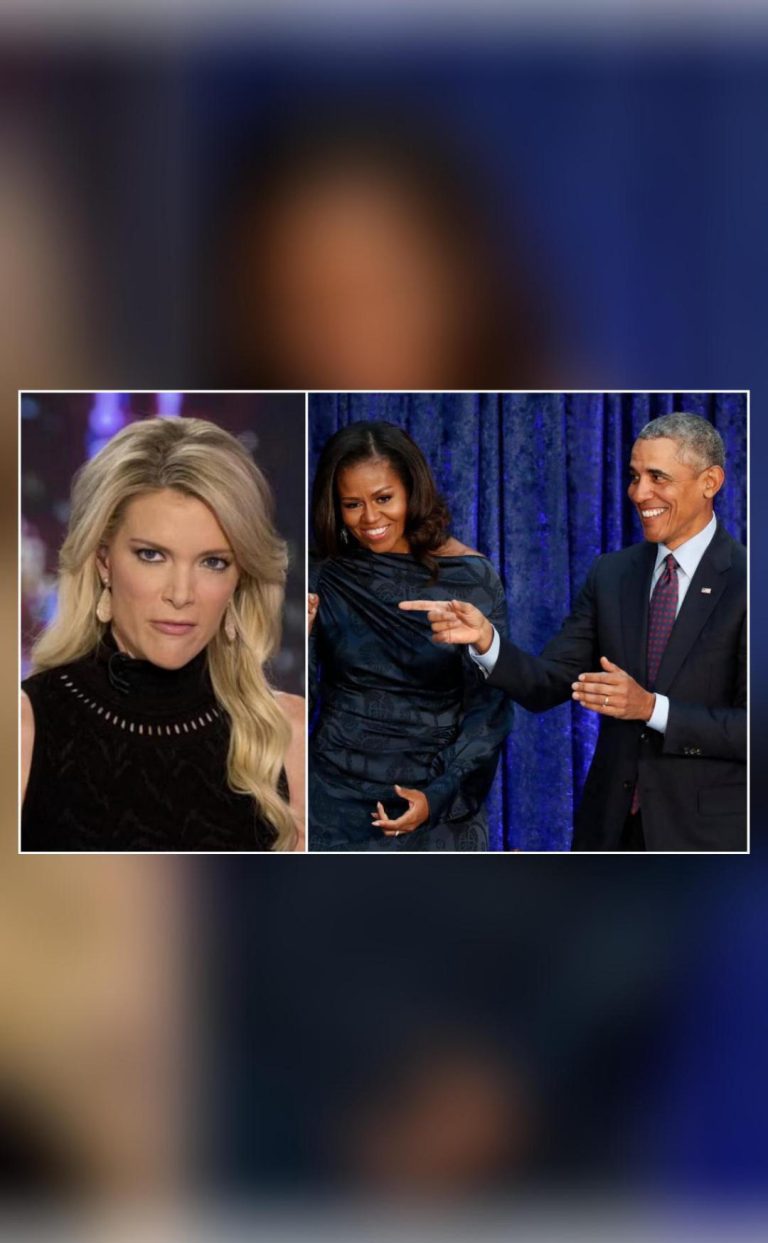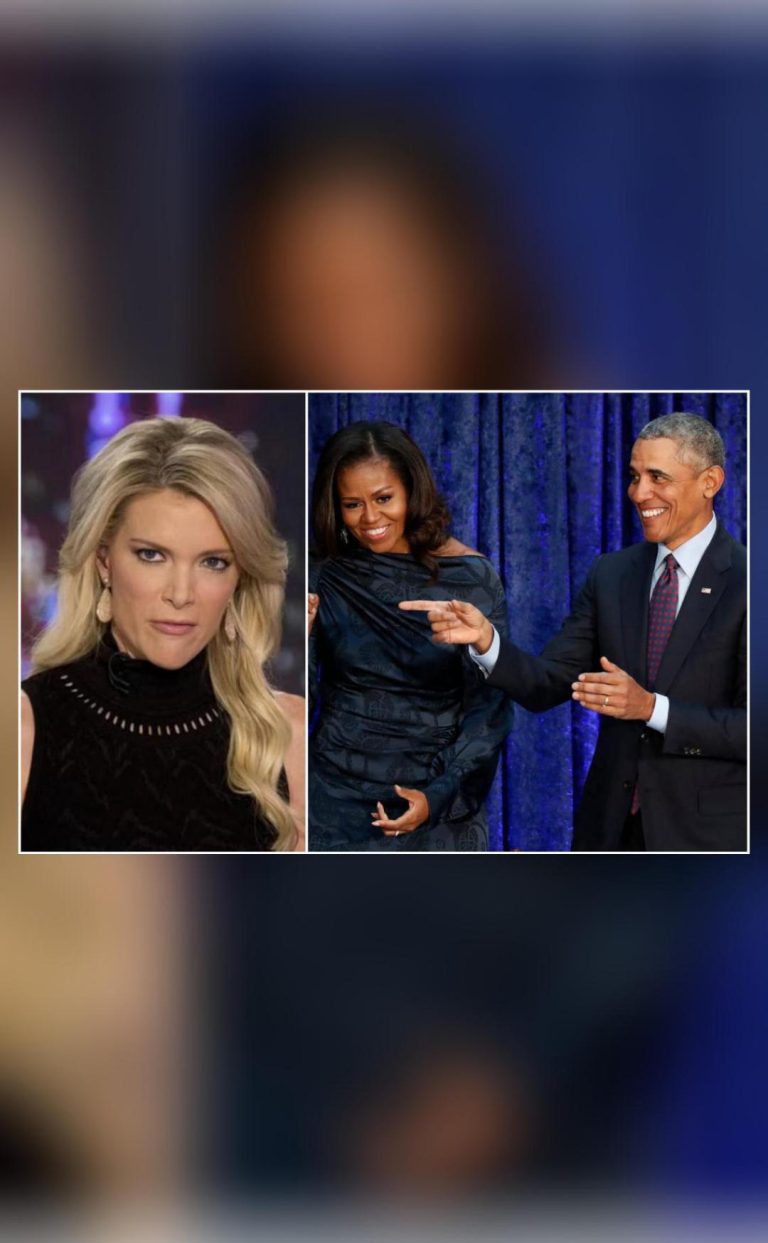
Why Most Influencer-Owned Brands in India Fail to Scale?
In recent years, influencer-owned brands in India have gained immense popularity, with many celebrities and social media personalities launching their own product lines. While these brands may have initially garnered significant attention and following on social media, many have failed to scale beyond their online presence. In this post, we will explore the reasons why influencer-owned brands in India struggle to scale and what they can do to overcome these challenges.
Lack of Depth and Originality
One of the primary reasons why many influencer-owned brands fail to scale is the lack of depth and originality in their products. Many influencers, driven by the desire to capitalize on their social media fame, launch products that are often unoriginal, unimaginative, and lack a clear purpose. These products may appeal to their existing followers, but they fail to resonate with a broader audience, leading to a limited customer base.
Take, for instance, the case of several influencer-owned beauty brands that have launched in India. While these brands may have a strong social media presence, their products are often overly reliant on celebrity endorsements, and the products themselves lack a unique selling proposition (USP). As a result, these brands struggle to differentiate themselves from established beauty brands and fail to attract a loyal customer base.
Unrealistic Pricing
Another significant challenge faced by influencer-owned brands is unrealistic pricing. Many influencers, who are used to earning a living through sponsored posts and advertisements, may not have a deep understanding of the costs associated with launching and running a business. As a result, they may set prices that are too high for their products, making them unaffordable for many customers.
This is particularly true for e-commerce brands, which may have lower operational costs than brick-and-mortar stores. However, even e-commerce brands may struggle to scale if their prices are too high, as customers may opt for cheaper alternatives.
Confusing Followers for Customers
A third challenge faced by influencer-owned brands is confusing followers for customers. While social media followers may be a key metric for influencer brands, they are not always indicative of a brand’s success. Many influencers may have millions of followers, but if these followers are not engaged with the brand’s products or services, the brand may struggle to generate revenue.
Influencers who confuse followers for customers may also struggle to build a loyal customer base. Customers are more likely to return to a brand that understands their needs and provides them with a positive experience, rather than a brand that simply leverages its social media fame to make a quick buck.
The Case of Celebrity Brands
In contrast to influencer-owned brands, celebrity brands like HRX and Kay Beauty have been successful in scaling their businesses beyond their social media fame. These brands have focused on solving real problems and building strong identities that resonate with their target audience.
HRX, for instance, is a fitness brand co-founded by Hrithik Roshan that offers a range of fitness products and services. The brand has been successful in building a loyal customer base by offering high-quality products and services that cater to the needs of fitness enthusiasts.
Kay Beauty, another celebrity-backed brand, has been successful in building a strong identity by focusing on natural, cruelty-free, and vegan products. The brand has been able to differentiate itself from other beauty brands by offering a unique range of products that appeal to customers who are looking for eco-friendly options.
Lessons for Influencer-Owned Brands
So, what can influencer-owned brands learn from celebrity brands like HRX and Kay Beauty? Here are a few key takeaways:
- Focus on solving real problems: Influencer-owned brands should focus on solving real problems that their customers face, rather than just trying to capitalize on their social media fame.
- Build a strong identity: Influencer-owned brands should focus on building a strong identity that resonates with their target audience. This can be achieved by offering high-quality products, services, or experiences that cater to the needs of their customers.
- Understand your costs: Influencer-owned brands should have a deep understanding of their costs and pricing strategy. They should set prices that are competitive and affordable for their customers.
- Don’t confuse followers for customers: Influencer-owned brands should focus on building a loyal customer base, rather than just relying on their social media followers.
Conclusion
In conclusion, while influencer-owned brands in India may have gained significant visibility, many struggle to scale beyond their social media fame. These brands often lack depth, originality, and consumer trust, leading to a limited customer base. By focusing on solving real problems, building a strong identity, understanding their costs, and not confusing followers for customers, influencer-owned brands can overcome these challenges and build a loyal customer base.
Source: https://ascendants.in/business-stories/9why-influencer-own-brands-fail-india/






